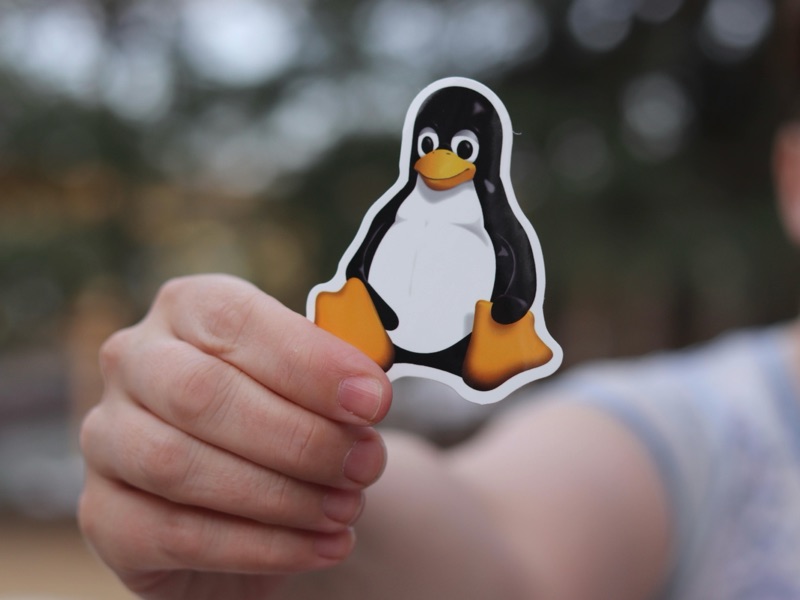When you think of operating systems, chances are Windows or macOS comes to mind. But among tech enthusiasts, developers, and power users, there’s another name that sparks real excitement: Linux. It’s not just an operating system—it’s a movement, a philosophy, and a powerful platform that fuels much of the digital world. But what is Linux, and why does it have such a loyal following?
Let’s dive deep into what makes Linux tick and why it continues to captivate techies across the globe.

What is Linux, Really?
At its core, Linux is an open-source operating system kernel—the fundamental layer that manages hardware resources and enables software to run. Created by Linus Torvalds in 1991 as a personal project, Linux has grown into a global, community-driven phenomenon.
Unlike proprietary operating systems like Windows or macOS, Linux is:
- Free to use
- Open to modify
- Collaboratively maintained
While “Linux” technically refers to the kernel, the term is commonly used to describe entire Linux distributions (distros)—complete OS environments built around the Linux kernel, bundled with software tools, package managers, and user interfaces. Popular examples include Ubuntu, Fedora, Debian, Arch Linux, and Linux Mint.
Why Is Linux So Popular Among Tech Enthusiasts?
1. Open Source = Total Transparency
One of the biggest draws of Linux is that it’s open-source. You can inspect the code, modify it, and contribute to it. This fosters trust, learning, and innovation. There’s no “black box” like with closed-source systems—what you see is what you get.
For developers and hackers (the ethical kind), this is digital freedom in its purest form.

2. Highly Customizable
Linux is like LEGO for operating systems. Want a minimal, lightweight setup that only runs in the command line? You got it. Prefer a flashy graphical interface with animations? That’s doable too.
You can even build your own Linux distro if you’re adventurous enough. This freedom to customize is a major reason tech-savvy users gravitate toward Linux.
3. Speed and Efficiency
Linux is known for being lightweight and fast, especially compared to more bloated systems. This is why older hardware can often be revived with a Linux distro when Windows or macOS bogs it down.
Servers, embedded systems, supercomputers—they all love Linux for its efficiency.
4. Security and Privacy
Linux is built with security in mind. While no system is impervious to threats, Linux’s permission-based architecture, frequent updates, and open codebase make it harder for malware to spread unnoticed.
Plus, Linux doesn’t collect user data by default, which is a big win for privacy-conscious users.
5. Powerful Tools for Developers
Ask any developer and they’ll likely tell you: Linux just feels right for coding. Tools like bash, git, ssh, and package managers make development seamless.
In fact, Linux is the OS of choice for many developers, system admins, and cloud engineers, and it’s the foundation of nearly every major server infrastructure.

6. Massive Community Support
Linux isn’t backed by a single company—it’s supported by millions of users, from hobbyists to corporate giants like Red Hat, Canonical, and IBM. There are forums, wikis, YouTube tutorials, Reddit communities, and IRC channels filled with helpful users eager to assist.
No matter the problem, someone’s probably solved it—and documented it.
Where You’ve Seen Linux (Without Knowing)
Even if you’ve never installed Linux, you’ve probably used it. Here’s how Linux powers the world behind the scenes:
- Android is based on the Linux kernel.
- Web servers (including Google, Facebook, and Amazon) run on Linux-based systems.
- Supercomputers: Over 90% of the world’s fastest supercomputers use Linux.
- IoT devices, smart TVs, car infotainment systems—all frequently use embedded Linux.
Should You Try Linux?
If you’re curious about how computers work, want to learn more about programming, or simply crave more control over your system, Linux is absolutely worth trying. You don’t even have to ditch your current OS—you can dual-boot or run Linux in a virtual machine.
Start with beginner-friendly distros like:
- Ubuntu – Great for newcomers with tons of support.
- Linux Mint – A Windows-like interface with excellent usability.
- Fedora – Bleeding edge, but stable and polished.

Final Thoughts: Linux Is More Than Just Software
Linux isn’t just an operating system—it’s a symbol of digital empowerment. It’s about taking control, learning, tinkering, and being part of a global community that believes in freedom and collaboration.
Whether you’re a seasoned developer or just a curious beginner, Linux has something to offer. And once you get the hang of it, you might just fall in love with your computer all over again.
Ready to explore the world of Linux?
Download a distro, fire up a USB stick, and start discovering what open source really feels like.
Welcome to the club.